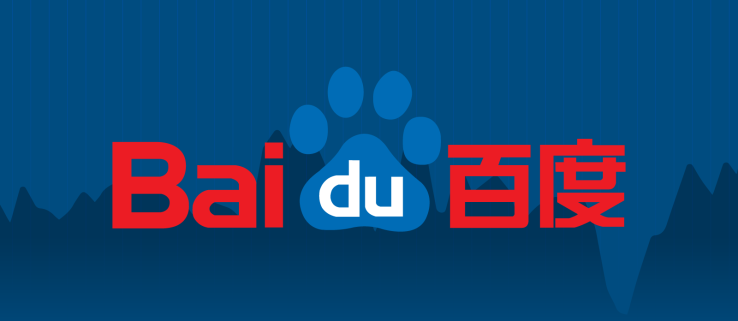Baidu Reportedly to Test Driverless Cars in U.S. Soon
Chinese tech giant Baidu dropped a big announcement this week in the race toward autonomous driving.
The company’s chief scientist, Andrew Ng, said Tuesday that Baidu will soon start testing its driverless cars in the U.S., reports the International Business Times (IBT).
Baidu may be lesser-known than some other companies currently working on autonomous cars like Google, Tesla and Ford, but many experts say they are on the same level, or perhaps even slightly ahead, due to their size and valuation-Baidu is considered the Chinese version of Google, and is valued at around $55 billion.
Some say Baidu also has an advantage over other American and European countries because of China’s more relaxed regulations toward driverless cars, and the Chinese government’s eager, open attitude toward the innovative technology.
Interestingly, no companies other than Baidu have tested driverless cars in China.
Baidu also has several ties to the U.S. through Ng, who has conducted work at Stanford University and has a lab there, and who manages a tech lab in Sunnyvale, California, where he said around 160 workers are hard at work on their autonomous car project, Nasdaq reports.
Ng was reportedly among the many top company executives who testified before Congress Tuesday about the virtues of autonomous driving. Nasdaq and IBT report that Ng has suggested leveraging connected-car and mobile technology to help increase the safety of partially-autonomous and fully self-driving cars. For example, construction workers could use a mobile app to notify all computer-enabled cars in the area of available detours to circumvent construction zones.
Baidu originally said it would release a self-driving car by the end of 2015. More recently, Nasdaq reports that Baidu is aiming to launch a series of self-driving shuttles that operate on a consistent, managed route in China, and expanding routes gradually after some success.
Baidu currently uses modified BMW sedans for its tests, and reportedly has partnerships with three different Chinese auto manufacturers to produce autonomous cars in the future.


